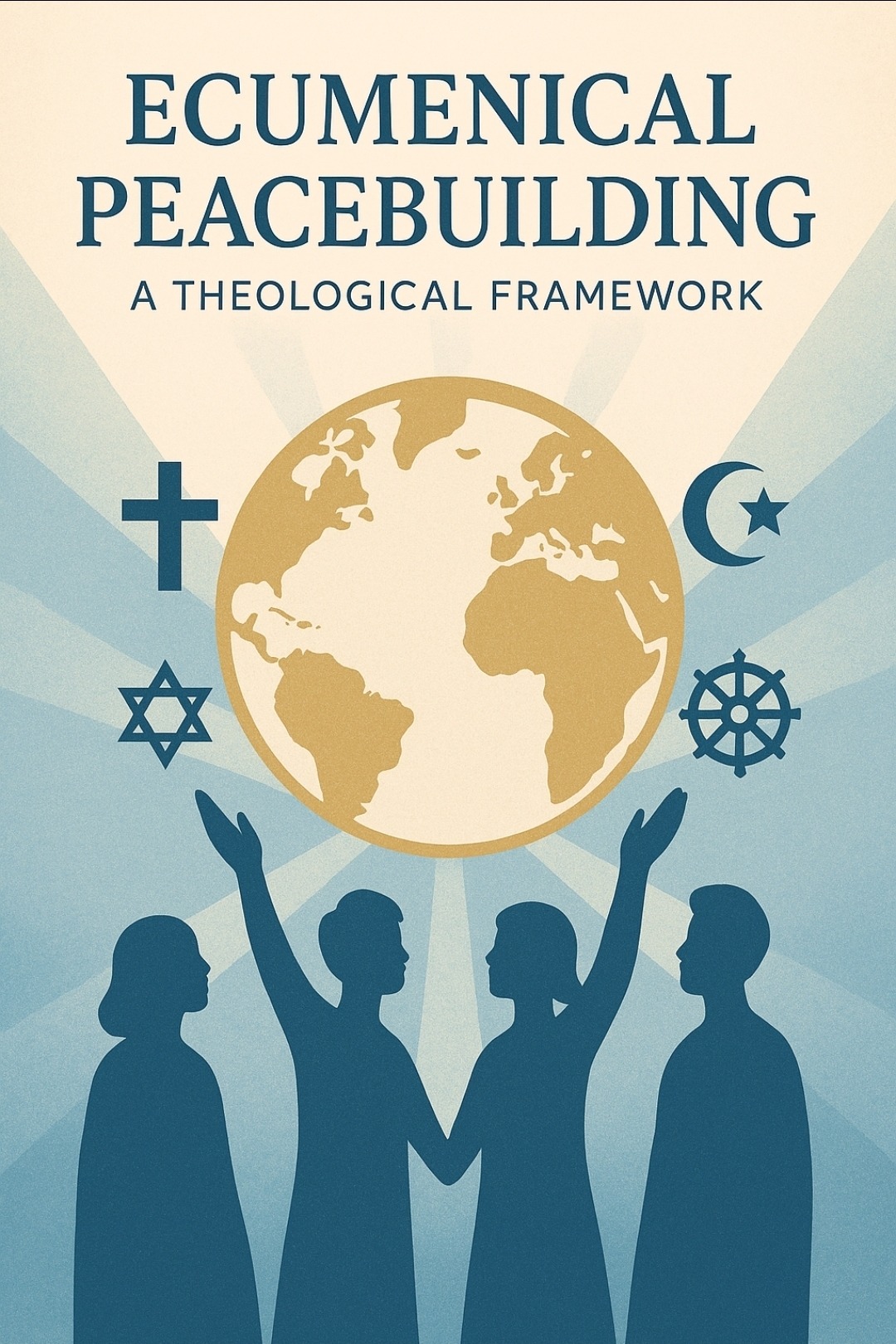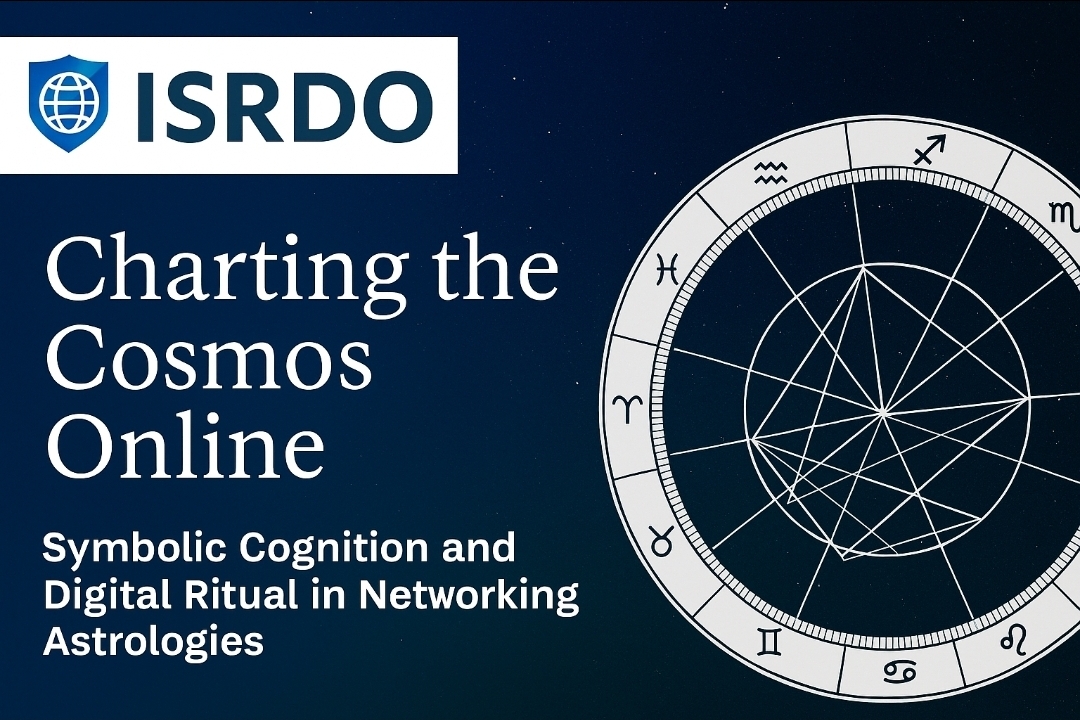
Political Science
Political science, occasionally called politology, is a social science which deals with systems of governance, and the analysis of political activities, political thoughts, associated constitutions and political behavior.
Political science comprises numerous subfields, including comparative politics, political economy, international relations, political theory, public administration, public policy, and political methodology. Furthermore, political science is related to, and draws upon, the fields of economics, law, sociology, history, philosophy, geography, psychology/psychiatry, anthropology and neurosciences.
Comparative politics is the science of comparison and teaching of different types of constitutions, political actors, legislature and associated fields, all of them from an intrastate perspective. International relations deals with the interaction between nation-states as well as intergovernmental and transnational organizations. Political theory is more concerned with contributions of various classical and contemporary thinkers and philosophers.
Political science is methodologically diverse and appropriates
many methods originating in psychology, social research and cognitive
neuroscience. Approaches include positivism, interpretivism, rational choice
theory, behavioralism, structuralism, post-structuralism, realism,
institutionalism, and pluralism.
- Understanding Political Theory
- Constitutional Government and Democracy
- Nationalism
- Contemporary Political Economy
- Political Theory-Concepts and Debates
- Political Process
- Feminism: Theory and Practice
- Gandhi and the Contemporary World
- Political Theory-Concepts and Debates
- Governance: Issues and Challenges
- Comparative Government and Politics
- Perspectives on Public Administration
- Perspectives on International Relations and World History
- Politics of Globalization
- Classical Political Philosophy
- Modern Indian Political Thought
- Citizenship in a Globalizing World
- Modern Political Philosophy
- Human Rights in a Comparative Perspective
Recent Published
Submit Manuscript
To give your manuscript the best chance of publication, follow these policies and formatting guidelines.


